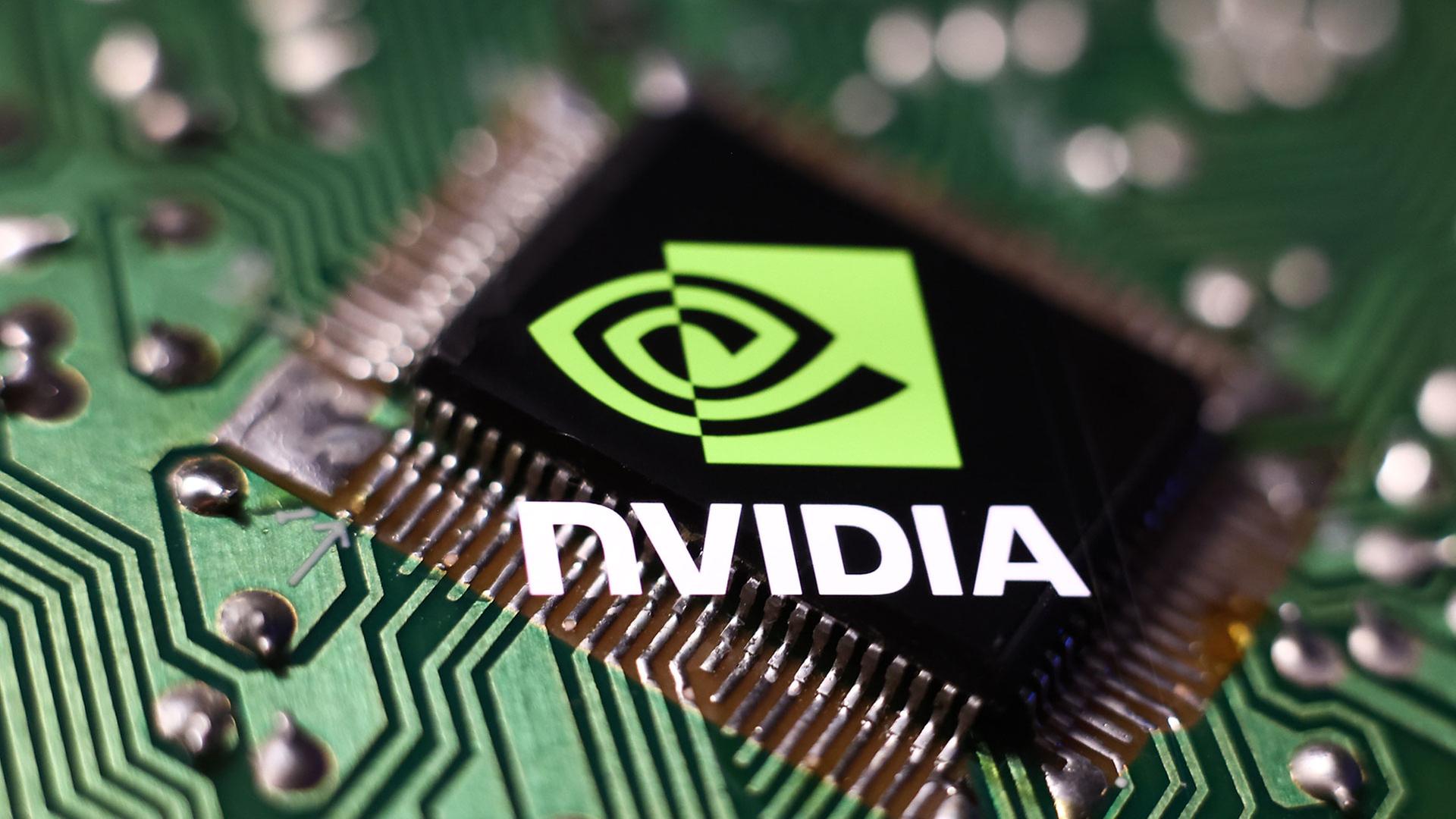
- Indices
- Stocks
Indices are rising again thanks to Nvidia
Do you want to know how to make money from this?
Register for free and get expert advice, access to a training course and webinars.
Key points:
- Nvidia shares rose 6.8% after a 3-day sell-off.
- AI-related tech stocks are pushing indexes higher, but uncertainty remains about the longevity of the trend.
- There is concern among experts about the impact of geopolitical conflicts on the chip and AI industries.
During the last trading session, stock markets showed multidirectional dynamics. The Dow Jones Industrial Average fell 299.05 points (-0.76%), closing at 39,112.16. At the same time, the S&P 500 index added 21.43 points (+0.39%), ending trading at 5,469.30. The Nasdaq Composite Index showed the most significant growth, increasing by 220.84 points (+1.26%) and reaching a value of 17,717.65.
At the same time, shares of Nvidia, a manufacturer of artificial intelligence chips, showed a sharp rise after a three-day sell-off.
Nvidia shares rise again after correction period
Nvidia shares rose 6.8%, pushing the Nasdaq index up more than 1% and ending a three-day streak of declines. The S&P 500 Technology and Communications Services sectors posted the biggest gains, leading the overall S&P 500 index’s gains.
Growing interest in artificial intelligence stocks such as Nvidia has helped propel the US stock market to new records. However, uncertainty remains regarding the duration and sustainability of this trend.
Shares of chipmaker Nvidia soared last week, briefly making it the world’s most valuable company. However, after losing about 16% from last Thursday’s peak, shares closed lower on Monday.
Investors are also looking forward to the release of PCE data on Friday. The data could shed further light on the inflation picture and influence the timing of potential interest rate cuts by the Federal Reserve.
Geopolitics poses a threat to Nvidia and the chip industry
However, Philippe Laffont, founder of hedge fund Coatue Management, expressed concern about the potential negative impact of geopolitical conflicts on the chip industry and the development of artificial intelligence, including on Nvidia.
During his speech at the Bloomberg Invest conference, Laffont noted that China’s invasion of Taiwan could lead to serious disruptions in chip production. This is because Taiwan, home to Taiwan Semiconductor Manufacturing Company (TSMC), is one of the key chip manufacturers for Nvidia, as well as many other companies in the industry.
Laffont stressed that such a scenario poses a significant risk, since the largest companies by market capitalization are largely dependent on production in Taiwan.
Do you want to know
How to make money from the news
Register for free and get:
- Expert consultation;
- Access to the training course;
- Opportunity to participate in webinars

